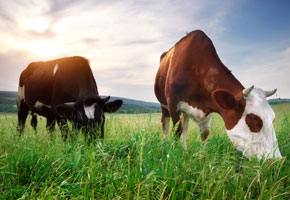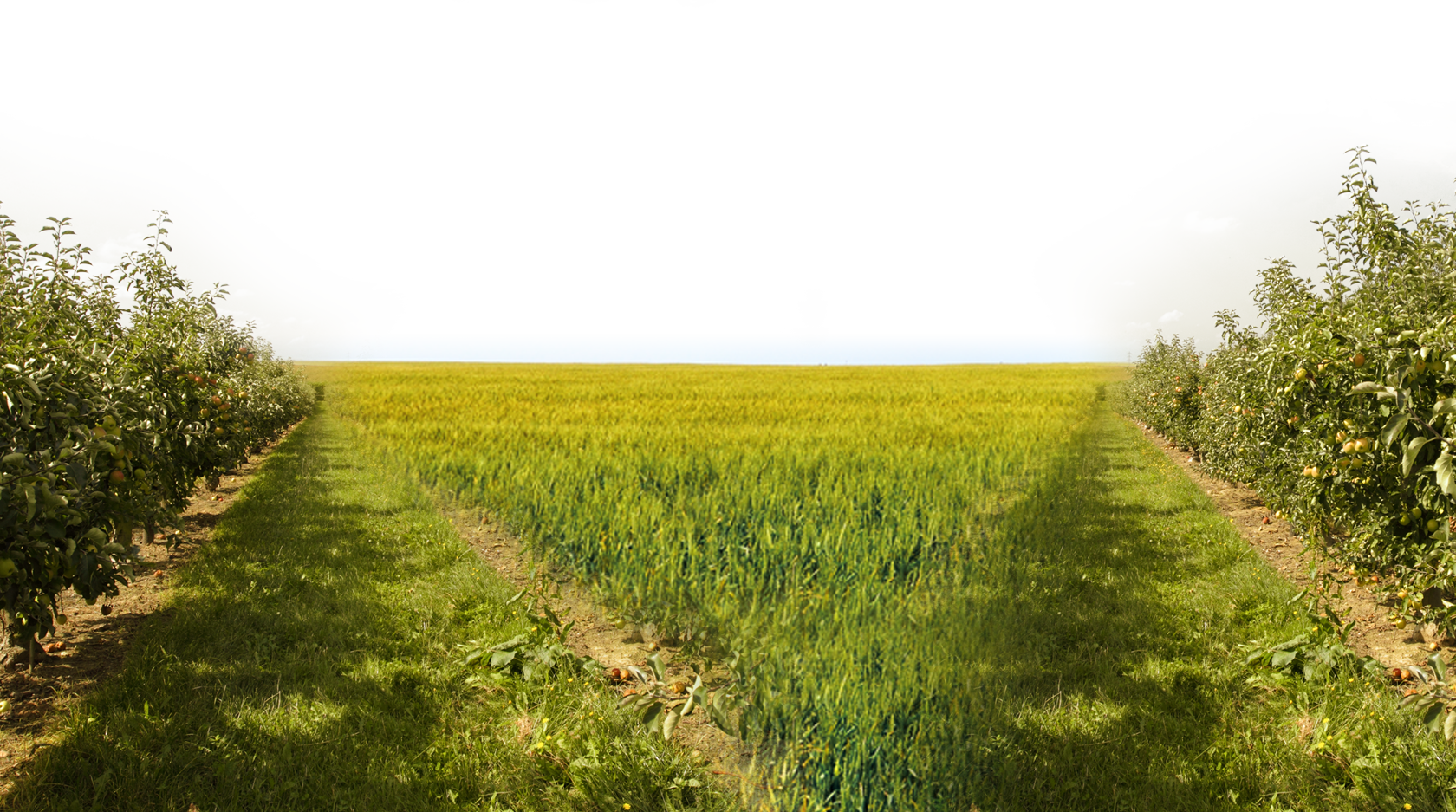
The Grass is Always Greener where Animals Graze
By Dave Carter | 0 Comments | Posted 02/21/2015
I had the opportunity to travel to Argentina and Uruguay this week to meet with ranchers to talk about grass-fed meat, organic agriculture and a host of other topics.
But one of the most fascinating parts of the trip was right beneath my feet…grass. One day, my business partner, Anthony, and I were guests at a barbecue at a large estancia (ranch) in the heart of Uruguay. After enjoying a feast of roasted lamb, beef and sausages, our host Ediguardo took us into the pastures to see his herd of red Angus cattle. He had reason to be proud. The cows and calves were all sleek and content.
That’s when I had a chance to really look at the grass.
In some respects, it’s vastly different from the grasses on the eastern Colorado ranch where my bison graze. The pasture in Uruguay was a thick mat of grass, with a few broadleaf plants mixed in. There, one acre of grass can sustain a mother cow and calf. Even though cattle and bison require the same amount of feed per animal, one acre of pasture in Uruguay sustains a cow, while my bison must roam across 35 acres for the same amount of feed. The difference: rainfall and climate.
Even though these rangelands differ, they are two elements in a vital part of our world called the grassland ecosystem. Uruguay is part of the Pampas region. Eastern Colorado: the shortgrass prairie. In Africa, it’s called the savanna; in Russia, the steppes. Call it what you will, these grasslands are a vital element in capturing carbon from the air and returning it to the soil. That, in turn, helps mitigate the climate change that now has scientists worried.
And, these diverse grasslands have one more element in common. They require interaction with grazing animals to maintain their health. Grazing animals like cattle and bison. The grasses in the Pampas, prairie Steppes and Savannahs all evolved under grazing by these animals.
Grazing will keep those grasslands healthy for years to come.


 Contact us
Contact us



























